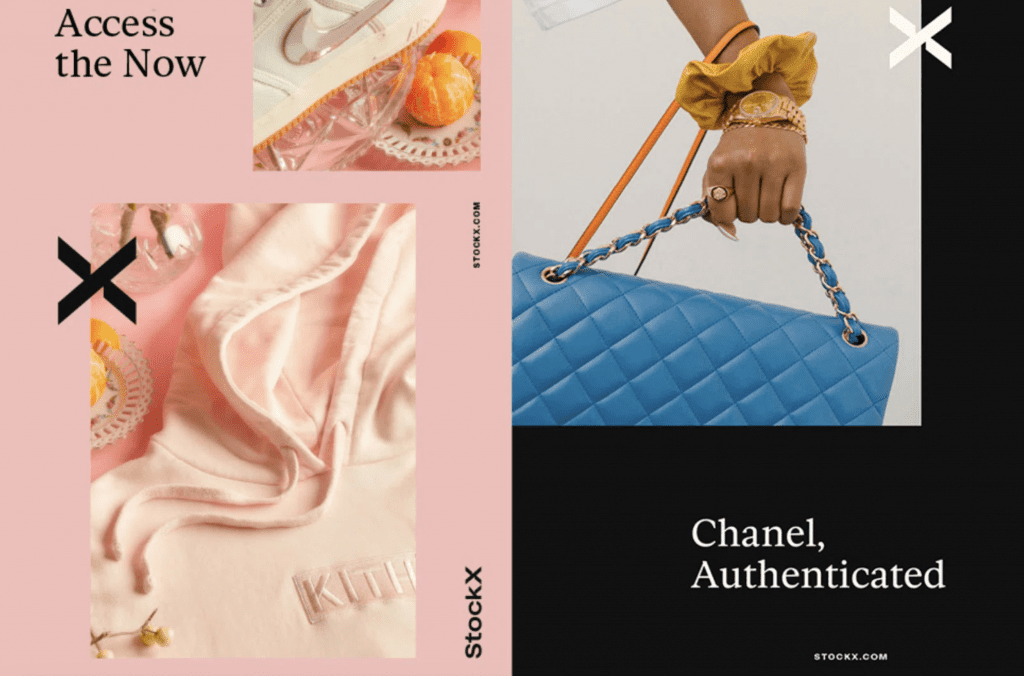StockX has garnered attention on social media this month in connection with some changes to the marketing of its authentication warranties. In a statement on November 14, the Detroit-based sneaker and fashion resale platform revealed that it “updated the name of [its] verification process” – moving away from labeling the goods on its platform as “Verified Authentic” and “100% Authentic” in favor of the new “StockX Verified” label. Shedding some light on the new language, the company said, “StockX Verified is our own designation and not endorsed by any brands sold on StockX.” (The resale platform also assured consumers that nothing in the actual authentication/verification process is different.)
The name-change is an interesting one for at least a couple of reasons. First, it comes as StockX is embroiled in an NFT-centric lawsuit with Nike, with the Swoosh accusing StockX of trademark infringement, counterfeiting, and false advertising, among other claims, and asserting in an amended complaint in May that by peddling products as “100% Verified Authentic,” StockX is looking to trade on the reputation and appeal of the Nike brand. That labeling is also an issue, per Nike, as “StockX has been and is currently dealing in counterfeit Nike goods, which renders [its] ‘100% Verified Authentic’ claims false and/or misleading.”
StockX’s move away from “100% Authentic” is also noteworthy, as it is not the first time a reseller has made such a change. At some point between 2020 and 2021 or so, The RealReal (“TRR”) quietly dropped references to the pre-owned products on its site as being “100% Authentic.” The luxury resale player’s shift in language followed from a couple of hard-hitting CNBC reports in 2019 that detailed its alleged offering of counterfeit goods; the articles (and subsequent hits to TRR’s Nasdaq-traded stock price) prompted a string of stock-drop lawsuits for the company and in at least one case, its directors and board members.
This is a short excerpt from an article that was published exclusively for TFL Enterprise subscribers. Inquire today about how to sign up for an Enterprise subscription and gain access to all of our exclusive content.











